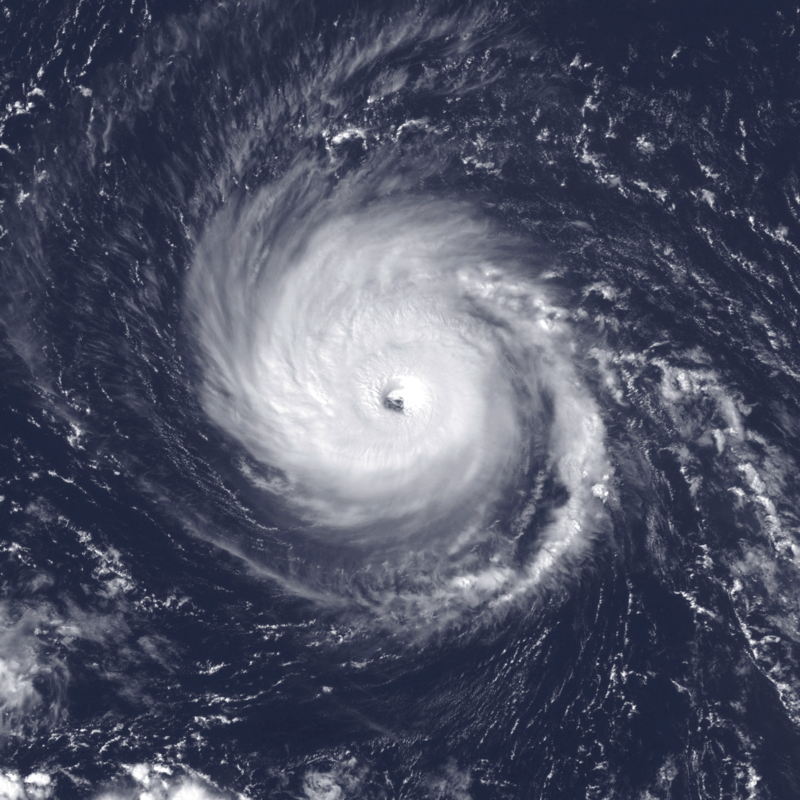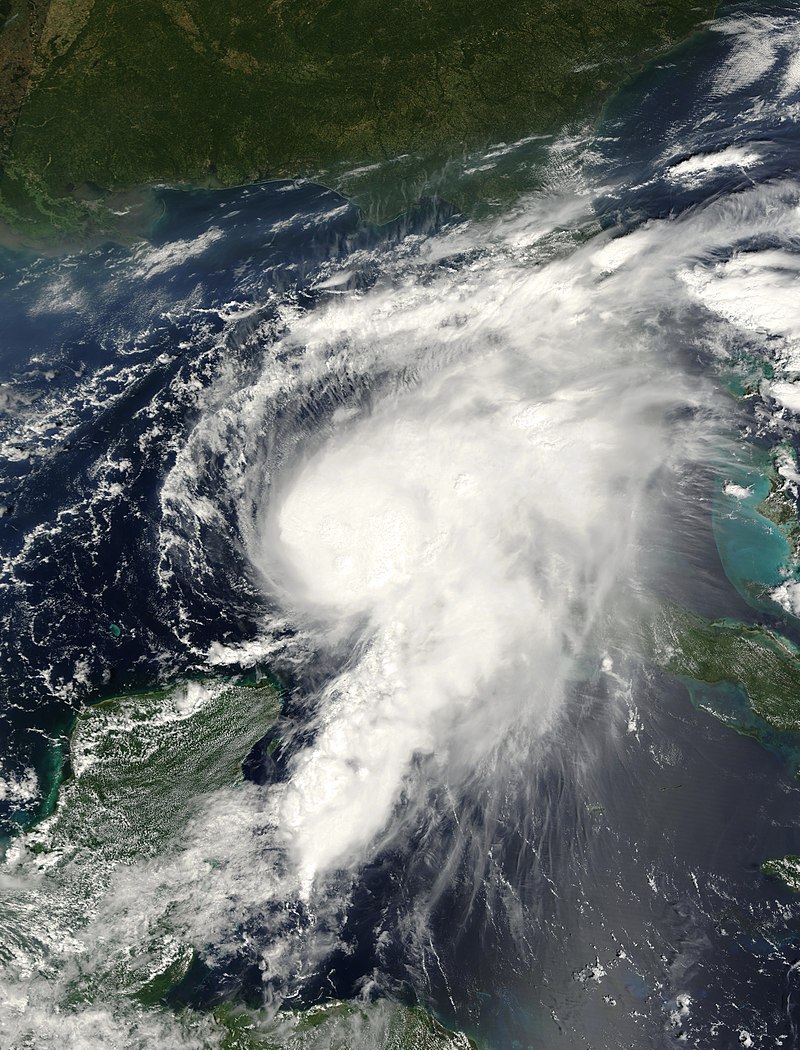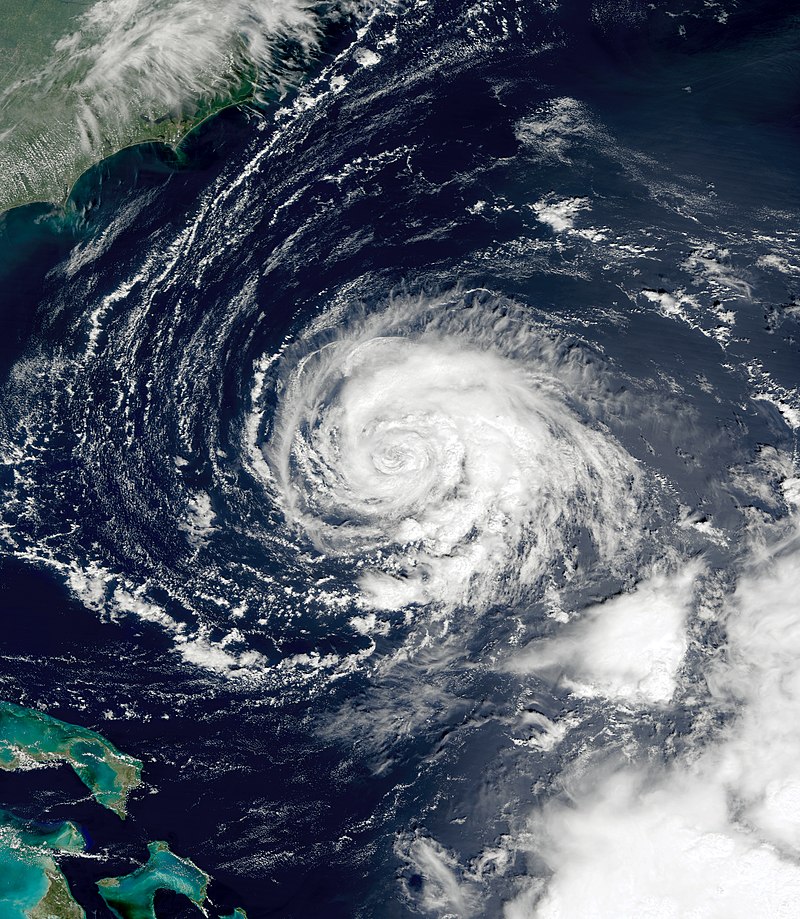This research article examines Hurricane Bertha, a significant weather event during the 2008 Atlantic hurricane season. Bertha set records as the longest-lived Atlantic tropical cyclone during July and as the furthest east system to attain tropical storm intensity for that month. This article provides an overview of the storm’s development, track, intensity fluctuations, and impacts on the affected regions. It also offers recommendations for preparedness measures that can help communities protect themselves in the face of future hurricanes.
Introduction: Hurricane Bertha emerged as the second named storm, first hurricane, and first major hurricane of the active 2008 Atlantic hurricane season. Originating from a tropical wave that departed western Africa on July 1, Bertha developed into a tropical depression on July 3. The depression quickly intensified into Tropical Storm Bertha and reached hurricane intensity on July 7. Undergoing rapid deepening, it peaked as a Category 3 hurricane with maximum sustained winds of 125 mph (205 km/h) later that day. Notably, Bertha’s long duration and eastward track set new benchmarks for July tropical cyclones in the Atlantic Basin.
- Before Landfall: As Bertha approached the East Coast of the United States, coastal areas experienced rough surf and increased wave heights. These conditions led to the tragic deaths of three individuals and caused injuries to numerous swimmers who required rescue. Additionally, strong gusts associated with the storm disrupted power supply to approximately 7,500 homes in Bermuda, resulting in temporary blackouts. However, the overall damage in Bermuda was relatively minor, consisting mainly of flooded streets and limited structural impacts.
- During Landfall: Bertha passed very near Bermuda, subjecting the island to periods of intense rainfall and strong winds. Fortunately, the island’s preparedness measures helped mitigate the potential damage. Although some streets were flooded, and power outages occurred, the impact was relatively limited. The resilience and proactive measures taken by the local population and authorities contributed to minimizing the storm’s impact on Bermuda.
- After the Hurricane: After moving away from Bermuda, Bertha transitioned into an extratropical cyclone on July 20 as it encountered cooler waters. It continued its northeast trajectory and was ultimately absorbed by another low near Iceland the following day. The remnants of the storm had limited direct impacts on populated areas.
Recommendations for Preparedness: To enhance preparedness for future hurricanes like Bertha, the following measures are recommended:
- Stay informed: Regularly monitor weather updates from reliable sources and heed warnings issued by local authorities.
- Develop an emergency plan: Create a comprehensive plan for your household, including evacuation routes, emergency contacts, and necessary supplies.
- Secure your property: Implement measures to reinforce windows, doors, and roofs. Trim trees and secure outdoor objects that could become hazards in high winds.
- Assemble an emergency kit: Prepare a well-stocked emergency kit with essential supplies, including non-perishable food, water, medications, flashlights, batteries, and a first aid kit.
- Evacuation preparedness: Familiarize yourself with evacuation routes and make arrangements for shelter and transportation if necessary.
- Insurance coverage: Review your insurance policies, ensuring they adequately cover potential hurricane-related damages.
Interesting Fact: As a direct result of Hurricane Bertha in 2008, the affected regions experienced an increased focus on improving early warning systems, emergency response capabilities, and public awareness. The storm served as a reminder of the importance of preparedness and prompted further research and development in hurricane forecasting and mitigation strategies.
Conclusion: Hurricane Bertha, the longest-lived Atlantic tropical cyclone on record during July 2008




Leave a Reply